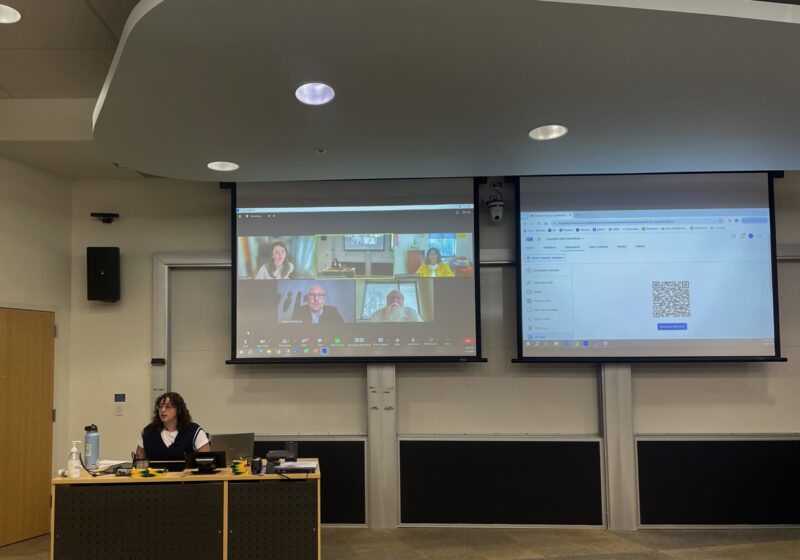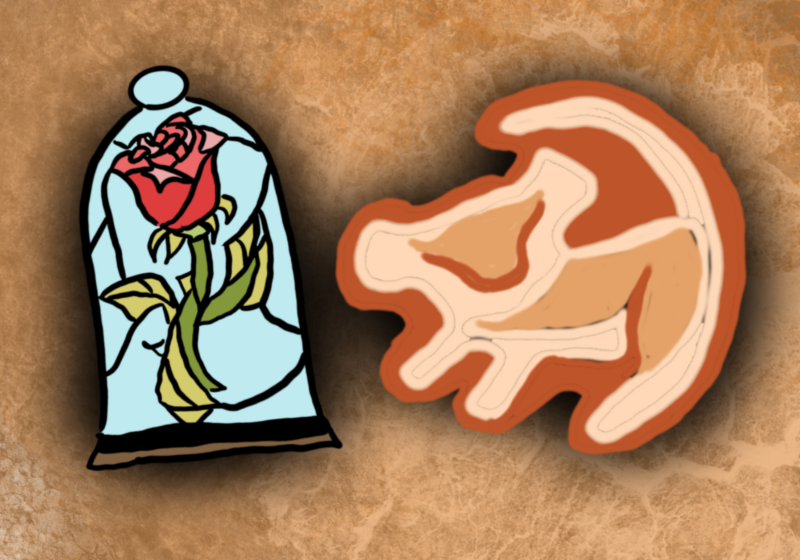When I was in middle school, my brother and I would both read the newspaper during breakfast. My brother would read the sports section. He was a smart, energetic, athletic kid.
I would read the obituaries. I was a bit morbid.
Death weirded me out. One day, somebody was real, and the next, they were not. That’s scary. But obituaries took death and did something nuts with it.
The first obituary I distinctly remember reading was of 1970s detective show “Columbo” star Peter Falk. (11-year-old me really liked “Columbo.” Again, I was an odd kid). I learned that Falk’s trademark squint came from his glass eye, and that Columbo’s signature raincoat was actually Falk’s own. He had just died, but I was first getting to know the guy. In that moment, Peter Falk was real.
I knew very little about movie critic Roger Ebert before he died, other than the fact that he was one of the “Thumbs Up” guys on the front our “Shrek 2” DVD. But when I read his obituary, I was captivated by his passion for film, his love-hate relationship with “At the Movies” co-host Gene Siskel, and his battle with cancer that robbed him of speech. I started watching “At the Movies” clips and reading his reviews from years before. I still read his stuff regularly. It’s a complete paradox: Ebert came alive for me only after he kicked the bucket.
Obituaries introduced me to people who still fascinate me, like novelist Elmore Leonard and visual effects artist Ray Harryhausen. Biting the dust was now a beginning. It felt like I was friends with all these dead people. I might never have talked to them, but I had their stories. Obituaries were like a magic defibrillator that revived the deceased into people I knew.
When my dad died in 2016, I wrote a eulogy about how we used to talk politics with perfect clarity on the way to school, and how I never understood anything afterwards. Other people spoke at the service — my mom, my sister, a friend, a caretaker — talking about the time they spent with him. At that service, my dad was a series of stories, each a doorway into a different aspect of his life. I was a first-hand witness of storytelling’s postmortem power.
So when I read the obituaries, I read them with some morbidity, yes. But that morbidity stems from what I see as a privilege of existence: that when we hand in our dinner pail, we become stories. Stories that might bring us to life for some weirdo kid during breakfast.





